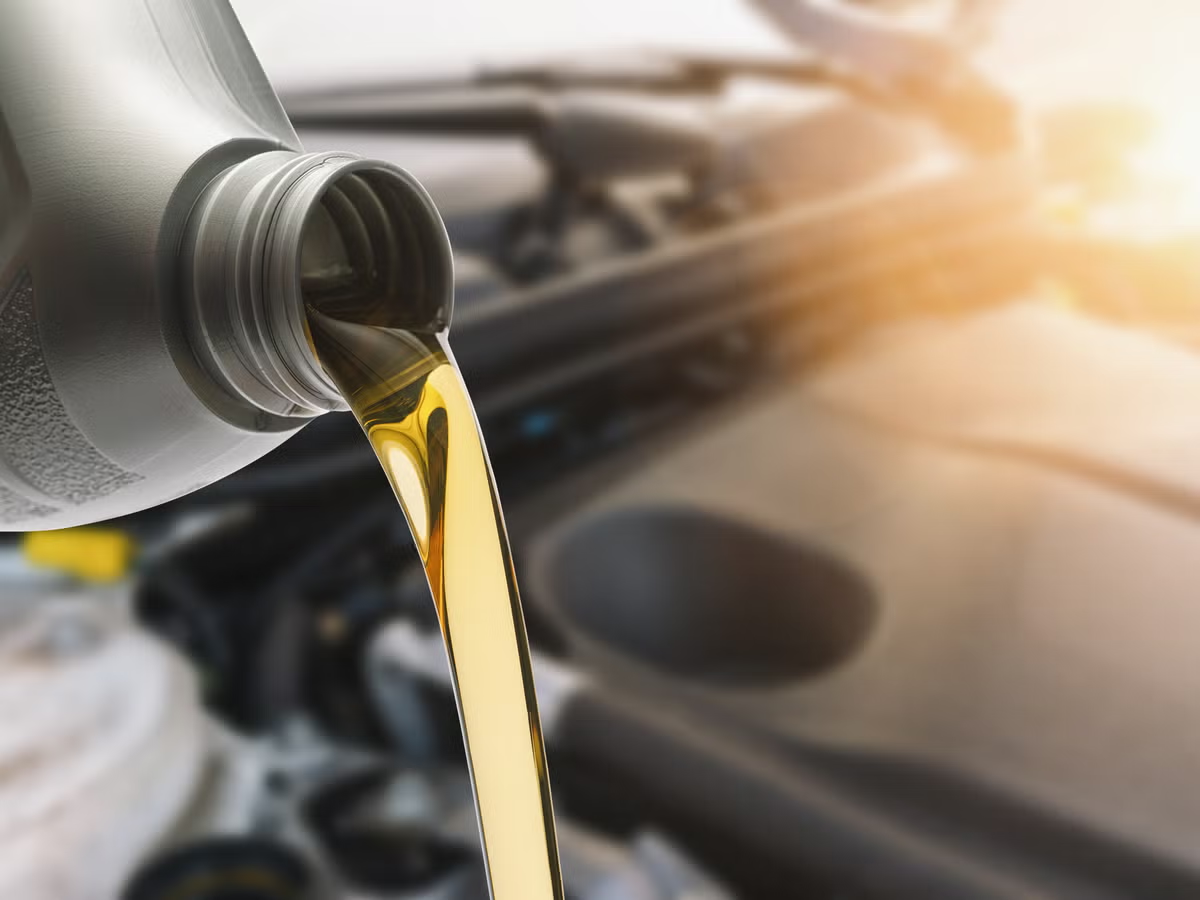Monday to Saturday - 8:00 -17:30


Owning an older car in Nigeria comes with unique challenges. From the scorching climate to rough road conditions and inconsistent fuel quality, every part of your vehicle, especially the engine, needs extra attention. One of the most critical maintenance decisions? Choosing the best engine oil for older cars.
This post explores the best options available, how often you should service your vehicle, and how to make informed decisions that protect your engine and save money in the long run.
Why Engine Oil Matters More in Older Cars
Older engines have wider tolerances. Seals may be worn, piston rings might not be as tight, and internal components have more play. That means lubrication becomes more than just routine—it’s your engine’s lifeline. The best engine oil for older cars ensures smoother operation, reduces wear, prevents leaks, and keeps sludge from building up.
For a country like Nigeria, where high temperatures and poor road conditions can speed up engine wear, selecting the right oil is non-negotiable.
How Often Should You Service Your Older Car?
In Nigeria, the rule of thumb is every 5,000 to 10,000 km or every 6 months—whichever comes first. While manufacturers like Toyota suggest 10,000 miles (around 16,000 km) annually, that doesn’t hold up well in our conditions. Harsh weather, dusty roads, and stop-and-go traffic make more frequent servicing necessary.
A general schedule to follow:
| Service Type | Interval | Includes |
|---|---|---|
| Interim Service | Every 6 months / 6,000 km | Oil change, basic filter replacement, fluid top-ups |
| Full Service | Every 12 months / 10,000 km | Oil, all filters, inspection of critical systems |
| Manufacturer Service | Every 5,000-10,000 km | Full diagnostics, OEM parts, detailed checks |
If you’re running a high-mileage vehicle or using a car older than 7 years, follow a strict servicing interval. Older cars can quickly develop issues if neglected.
Key Factors When Choosing Engine Oil in Nigeria
- Temperature Tolerance: Nigeria’s heat demands oils that resist breakdown at high temperatures.
- Engine Age: Older engines benefit from thicker oils that stay in place longer.
- Additive Content (ZDDP): This protects flat tappet camshafts and older metal surfaces.
- Seal Condition: Synthetic oils can cause leaks if your seals are worn.
- Mileage: High-mileage oils help stop leaks and reduce oil consumption.
Best Engine Oil for Older Cars in Nigeria
Let’s get straight to it. Based on real-world use, mechanic recommendations, and technical insights, here are the top choices.
1. Castrol GTX Classic (20W50)
- Why it works: Designed specifically for older engines with flat tappet cams.
- ZDDP content: High (approx. 1,400 ppm)
- Ideal for: Classic cars, older Toyotas, Honda Accord 1999-2005
- Conventional oil: Yes
2. Shell Rotella T4 (15W40)
- Why it works: Originally for diesel engines, but great for older petrol engines.
- ZDDP content: Up to 1,600 ppm
- Bonus: Excellent detergent additives to clean engine sludge
3. Valvoline High-Mileage MaxLife (10W30 / 20W50)
- Why it works: Made for engines over 75,000 miles
- Seals: Helps recondition old seals
- Availability: Limited in Nigeria but worth sourcing
4. Amsoil Z-ROD 10W30 ZRT
- Why it works: Premium synthetic with high zinc, phosphorus
- For well-maintained older cars only
- Best engine oil for older cars if you’re driving a collector vehicle
5. Mobil Super 1000 / Total Quartz 7000 (20W50)
- Why it works: Easy to find, offers consistent protection
- For: Older saloon cars, SUVs, and some high-mileage trucks
- Budget-friendly: Yes
Should You Use Synthetic Oil?
Here’s the big question. Synthetic oils offer better temperature resistance and flow, but they can expose problems in older engines.
Stick to conventional oil if:
- Your engine has never used synthetic oil
- You have leaking gaskets or cork seals
- You notice oil consumption issues
Use synthetic if:
- Engine is well-maintained and seals are in good condition
- You want extended oil change intervals
- You’re dealing with extremely high engine temps
Many Nigerian drivers find that semi-synthetics strike the right balance.
Signs You’re Using the Wrong Oil
- Increased oil consumption
- Leaks around the engine block
- Smoke from the tailpipe
- Rough idling or knocking sounds
All signs that you need to rethink your oil choice.
Maintenance Tips for Nigerian Drivers
- Always keep a spare 1-litre bottle in your boot.
- Avoid switching brands too often; consistency matters.
- Check oil levels every two weeks, especially during long-distance drives.
- Keep oil receipts or update the online portal if your car supports it.
Final Thoughts
The best engine oil for older cars in Nigeria balances heat resistance, protection, and availability. With rough roads, unpredictable weather, and high-mileage vehicles dominating the roads, making the right oil choice is key to keeping your car running smoothly.
Stick to oils like Castrol GTX, Shell Rotella T4, or Valvoline High-Mileage. Avoid experimenting unless you have professional guidance. And don’t let your mechanic pour in “any oil available” without checking its viscosity and suitability.
Quick Recap Table
| Oil | Viscosity | Type | Best For |
|---|---|---|---|
| Castrol GTX Classic | 20W50 | Conventional | Flat tappet, high-mileage, classic engines |
| Shell Rotella T4 | 15W40 | Conventional | Older engines needing strong detergent action |
| Valvoline High-Mileage | 10W30/20W50 | Semi-Synthetic | Engines over 75,000 miles |
| Amsoil ZRT | 10W30 | Synthetic | Collector and performance engines |
| Total Quartz 7000 | 20W50 | Conventional | Everyday high-mileage vehicles in Nigeria |
If you’re still unsure, visit a reputable auto shop and mention you’re looking for the best engine oil for older cars. Don’t let guesswork dictate your car’s health.
For more guides like this, check out our post on how often to service your car in Nigeria or our full analysis of cheap-to-maintain cars in Nigeria.
Your engine deserves the right care. Make it count.
